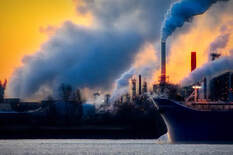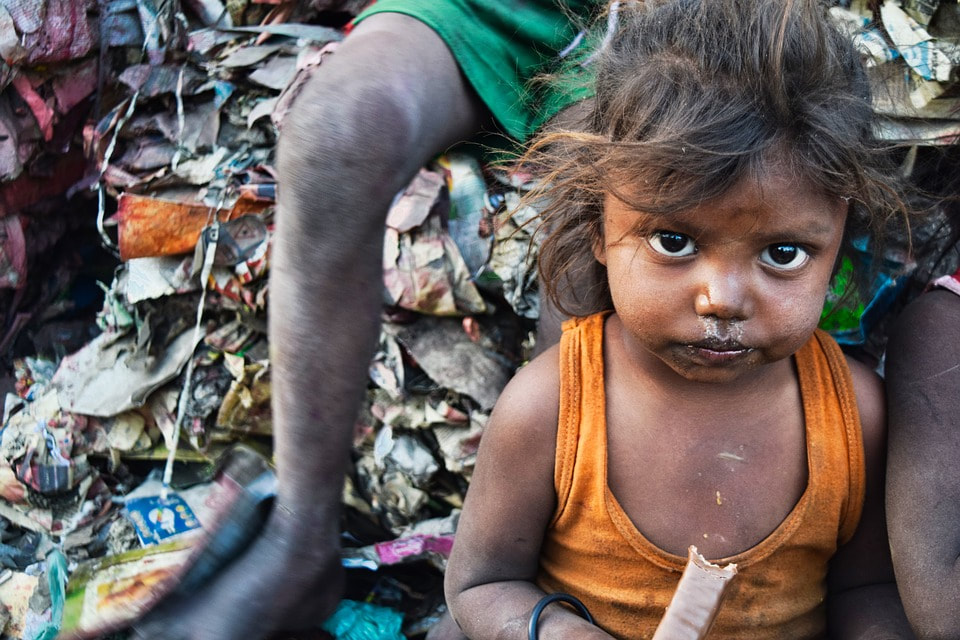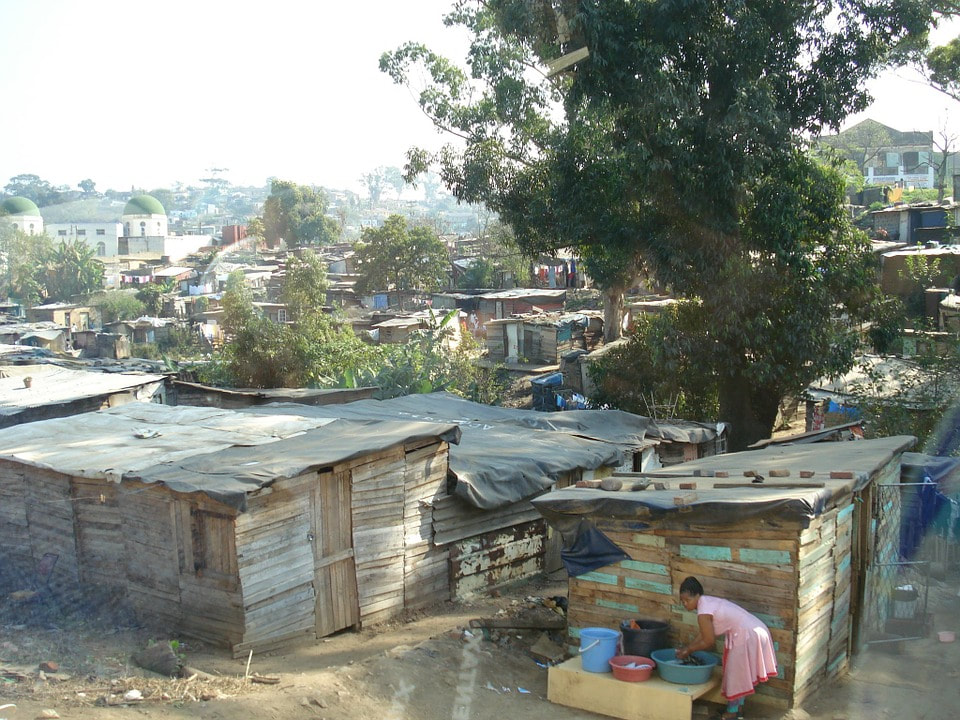Coal Issues are Environmental Justice Issues.
It's common sense that everyone should have the right to clean air and water, and that they should be able to live in an environment that is stable enough to ensure safety and encourage a good, long-term quality of life. The unfortunate reality is that coal has historically had a disproportionate impact on poor and minority communities, a trend which has continued to this day.
What is Environmental Justice?
|
Environmental justice is the fair treatment and meaningful involvement of all people regardless of race, color, national origin, or income with respect to the development, implementation, and enforcement of environmental laws, regulations, and policies.
So-called "cheap" energy such as coal isn't actually cheap when you consider the costs that are externalized. When the coal is mined, processed, burned, and the waste disposal takes place, all of the bad effects are primarily borne by vulnerable communities that don't have the resources to successfully fight back against the coal industry.
|
Examples of coal-related Environmental Justice Problems

- Peabody Energy coal mining operations in the Black Mesa plateau of the Four Corners region in the western United States began in the 1960s and continue today. The plateau overlaps the reservations of the Navajo and Hopi Tribes. Controversy arose from an unusually generous mineral lease agreement negotiated under questionable circumstances between the Tribes and Peabody Energy, the coal company's use and degradation of a potable source of water to transport coal via a pipeline from the mine to a power plant hundreds of miles away, and the public health and environmental impacts of strip mining on tribal lands.
- According to an NAACP report, 78 percent of African Americans live within 30 miles of a coal-fired power plant, as compared to 56 percent of non-Hispanic whites. 71 percent of African Americans live in counties that violate federal air pollution standards, as compared to 58 percent of the white population. Asthma affects African Americans at a 36 percent higher rate of incidence than whites. African Americans are hospitalized for asthma at three times the rate of whites and die of asthma at twice the rate of whites.
- Coal mines are located in some of the most economically impoverished counties in the country. These mines are hazardous to the health of nearby communities, and their monopoly over the job market in these areas serves to exploit workers and depress economic development. According to the most recent U.S. Census data, poverty rates in coal mining counties are higher than the national average, with many county poverty rates exceeding 20%. The highest poverty rate is Owsley County, Kentucky, with a shocking 42.9% living below the poverty line.
The Global Environmental Justice Implications
|
Coal-fired power plants are the country's top source of carbon dioxide (CO2) emissions. CO2 emissions directly correlate with climate change. Climate change doesn't respect borders or boundaries. Rather, it has effects that are and will be felt around the globe. A 2011 article by Marie Lynn Miranda et. al. states that "developing nations do, in fact, face a higher degree of exposure to negative impacts of temperature change. This increased temperature burden on already vulnerable nations could lead to crop failures, slowing of economic development, and even political turmoil." (Source) This will be most acutely felt by African countries and countries designated as "Low Income Countries Under Stress (LICUS)" by the World Bank. These countries have "extremely low per-capita income, as well as weak institutions and governance." (Ibid.)
|
What is CCC doing to fight for environmental justice?
CCC constantly seeks to promote the cause of justice in areas impacted by coal. Our projects include educating citizens in these communities and nationwide, and empowering them to work to bring about significant, lasting positive change. We do this by monitoring laws, regulations and actions that could impact vulnerable communities, organizing to protect these communities and the environment, reaching out to regulators to allow coal-impacted citizens a seat at the table, and educating activists on coal-related laws. We understand that the impacts of coal vary across geographic regions of the country and world, but a national movement that underscores the urgent importance of addressing the fundamental human toll that coal takes is key to achieving environmental justice.


